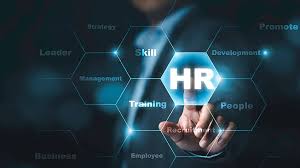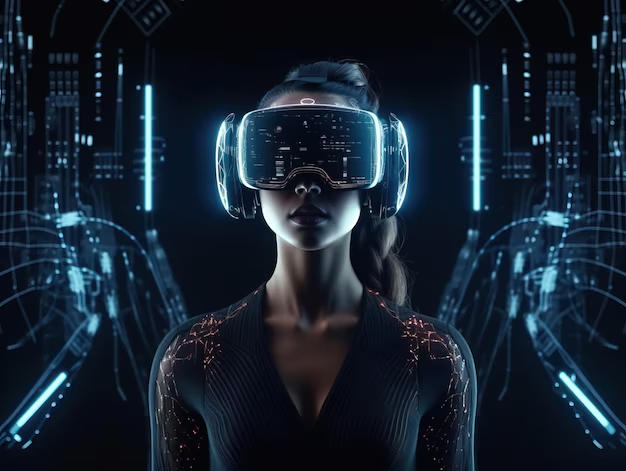As generative artificial intelligence continues to revolutionize workplaces, HR departments are finding themselves at the forefront of this transformation. No longer confined to traditional roles, HR is evolving into a critical architect of organizational culture and strategy in an AI-driven world. With this transformation comes the significant responsibility of overseeing ethical AI implementation and governance, ensuring that these advanced systems align with employee experiences and organizational values.
HR’s unique position within organizations, touching every facet from hiring to performance management, places it in a prime role to influence how AI is integrated into daily operations. While not directly involved in the development or coding of AI systems, HR professionals are crucial in creating the cultural and governance frameworks that these technologies operate within.
In discussions with AI experts like De Kai Wu, a pioneer in the field and a founding member of Google’s AI ethics council, the metaphor of AI as a child prodigy needing guidance emerges. Wu, who has contributed significantly to AI and natural language processing, views current AI systems like ChatGPT as “young prodigies without executive function,” emphasizing their need for ethical and cultural development.
HR leaders are uniquely positioned to guide the ethical deployment of AI in processes such as hiring and performance management, essentially acting as “parents” to these systems. This parental role involves shaping the ethical values and culture AI systems reflect, guiding policies around data ethics, and fostering accountability frameworks.
HR’s influence extends to shaping the organizational environment where AI operates, mirroring how parents influence a child’s development. This approach avoids the pitfalls of attempting to control AI entirely and instead focuses on nurturing its growth in a responsible manner.
The European Union’s Artificial Intelligence Act seeks to regulate AI systems based on risk, but Wu cautions that too many constraints could limit AI’s potential for ethical development. He suggests a more balanced approach that allows AI to develop a deeper understanding of human psychology and behavior.
Christopher Fernandez, Corporate Vice President of HR at Microsoft, underscores HR’s central role in AI integration. He highlights HR’s ability to manage the human-AI interface due to their deep understanding of behavioral science, placing HR leaders at the forefront of AI adoption.
To navigate this AI era, HR leaders should consider a comprehensive framework:
- Becoming the AI Ethics Compass: Develop policies that govern the ethical use of AI.
- Facilitating the AI Conversation: Lead discussions to demystify AI for employees.
- Architecting Human-AI Synergy: Design strategies that enhance human capabilities.
- Leveraging Behavioral Science: Use behavioral insights to guide AI implementation.
- Quantifying the Human Experience: Develop metrics to assess AI’s impact on productivity.
- Fostering Transparency and Accountability: Embed ethical training throughout AI’s lifecycle.
- Orchestrating Cross-Functional Collaboration: Spearhead collaborations to align AI deployment with company values.
As AI reshapes the workplace, HR’s role in guiding human-AI collaboration becomes more crucial than ever, ensuring that these technologies are integrated ethically and effectively.









